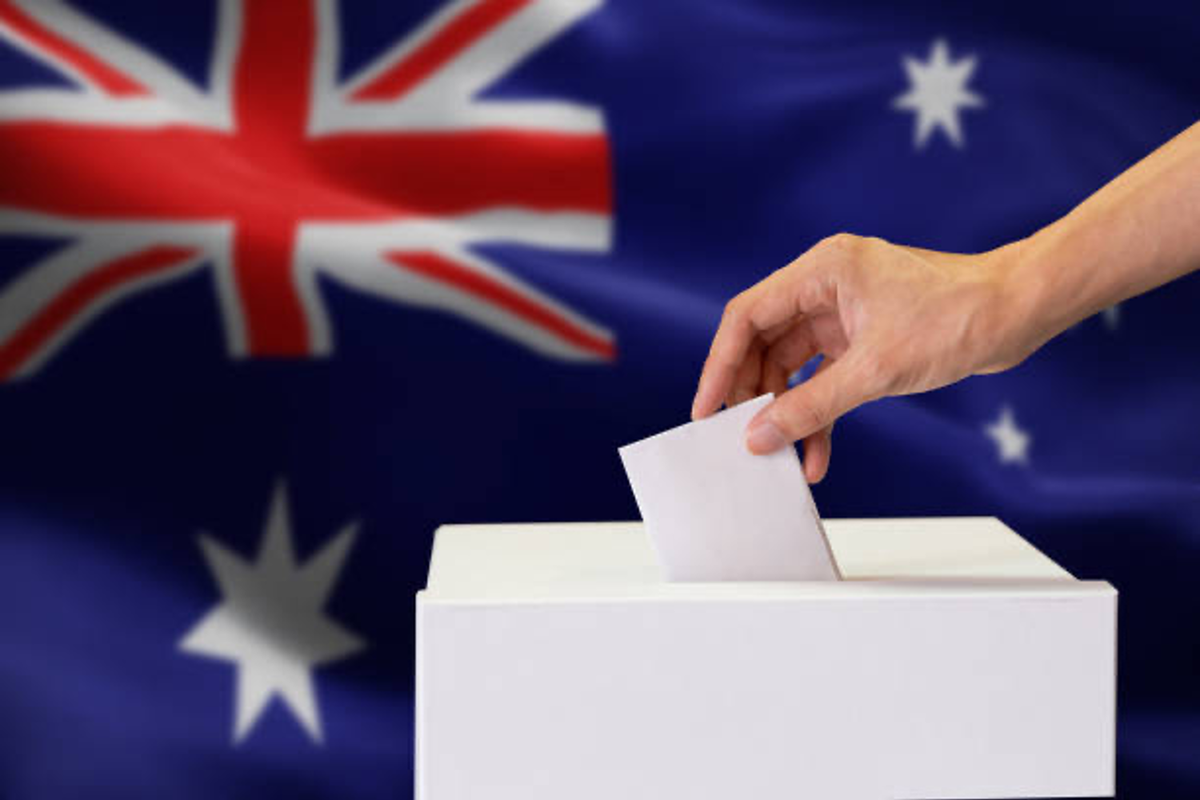Mining the Vote: What Australia's Political Parties are Planning for Mining and Trade
As Australia's federal election nears, major parties are outlining diverging visions for tariffs, global trade and the future of Australia’s resource sector. Here’s what investors need to know.

Another Australian federal election is happening on Saturday (May 3), and the country's political parties are in the midst of sharing their plans and goals for various sectors, including the mining industry.
Below is a breakdown of statements and platforms from each party, underlining their positions on the back of recent trade tensions, US tariffs and global production issues.
What are Australia's political parties?
Like many countries, Australia has two major parties, as well as several smaller parties.
The two major parties are the Australian Labor Party (ALP) and the Liberal Party of Australia.
The ALP is the major left party and is currently in government.
The Liberal Party is the centre-right party in opposition. It is in a long-term coalition with the National Party of Australia. Neither party would be able to form a majority government without the coalition.
ABC describes the Nationals as representing "the interests of those living in regional and rural areas," with values that are similar to the Liberals but with more of a country focus.
The Greens are another notable party in Australia and are the result of an environmental movement in the 1980s. The group highlights environmental protection, social justice and increasing government support payments.
There's also One Nation, a right-wing populist political party launched in Queensland in 1997. Its focus is to protect Australian jobs, industry, agriculture, manufacturing, culture and natural heritage.
What do Australian politicians think about tariffs?
In terms of tariffs, the ALP and Liberal Party aren't fans of US President Donald Trump’s actions.
Prime Minister Anthony Albanese, head of the ALP, has called Trump's 10 percent tariffs “unjustified” and “harmful,” proposing a five point plan to mitigate impacts. This plan includes zeroing in on anti-dumping measures, financial assistance to affected industries and the establishment of a critical minerals reserve.
In a recent article, Reuters quotes Albanese as calling the imposition of tariffs “not the act of a friend."
The Liberal Party has criticized the ALP’s approach to tariffs, arguing that the conditions laid out under the five year plan are insufficient. Shadow Treasurer and Liberal Party member Angus Taylor said that there is a need for more comprehensive policies to tackle inflation and boost productivity.
For their part, the Greens have urged the Australian government to walk away from its AUKUS pact with the US. According to ABC, party leader Adam Bandt described the imposition of steel and aluminium tariffs as a "wake-up call" for Australia to rethink its relationship with a country that has been a key ally.
Pauline Hanson of One Nation has also commented on the tariffs, advocating for their use along with export quotas and other measures to protect Australian industries.
Commitments to Australia's mining sector
In terms of domestic production and keeping resources intact, the Australian government has already delivered support to increase green metals production through the Future Made in Australia Fund.
Professional leading services firm WSP said the country's 2025/2026 federal budget was a "pre-election pitch," noting that it puts the energy, mining and metals sectors "in the winner's circle."
The Future Made in Australia Fund has been allocated AU$1.5 billion, with AU$700 million dedicated to green metals. The green metals sector has also seen AU$2 billion in support from the Green Aluminium Production Credit, which is geared at supporting the Australian aluminium smelter’s transition to renewable energy.
Another AU$1 billion was given to accelerate the development of a new green iron industry.
“This year’s budget supports a fantastic opportunity for Australian industry to process more of our natural resources domestically — while doing so sustainably with renewable energy,” Paul Williams, WSP's managing director of mining and metals, said about the allocation.
The ALP has also underlined the value of national sovereignty over critical infrastructure. In a Guardian article, the party is quoted as expressing its intentions to reclaim the Port of Darwin from Chinese control.
The port is said to be Australia's nearest port to Asia and the nation's “northern gateway” for Australasian trade.
Issues with its ownership stem from when the Northern Territory's government granted a 99 year lease in 2015, making Chinese company Landbridge Group the owner.
Concerns over Landbridge's financial health have sparked talks on the port’s ownership in recent months. Darwin has also become an important subject in the election campaign, as both parties are keen on the reclamation.
Liberal leader Dutton was also quoted by Lloyd’s List as saying that the coalition between the Liberals and Nationals would “move immediately” to bring Darwin back into Australian hands during a visit to the port on April 5.
Who will win the Australian election?
Roy Morgan Research said on Monday (April 28) that the ALP is leading in the polls at 53 percent, as per the latest survey. Meanwhile, the opposition partnership between the Liberals and Nationals is at 47 percent.
"This result represents a swing to the ALP of around 1% since the 2022 Federal Election and if the swing is consistent across the nation would result in a slightly increased majority in the House of Representatives if repeated on Saturday," said Roy Morgan CEO Michele Levine, adding that a final pre-election poll is still to come.
Roy Morgan said the survey comprised a representative cross section of 1,524 Australian voters from April 21 to 27, 2025. Of all participants surveyed, only 6 percent couldn't say who they would vote for.
Don’t forget to follow us @INN_Australia for real-time news updates!
Securities Disclosure: I, Gabrielle de la Cruz, hold no direct investment interest in any company mentioned in this article.
